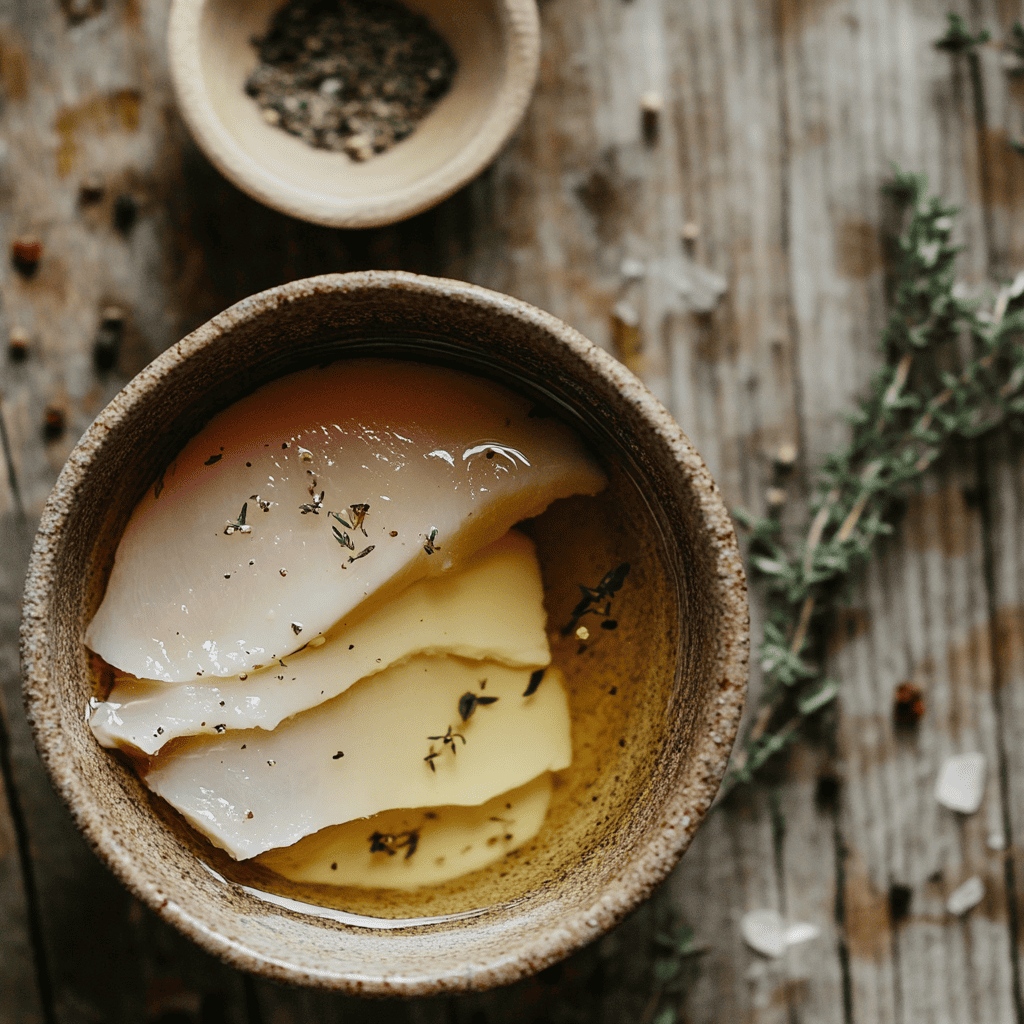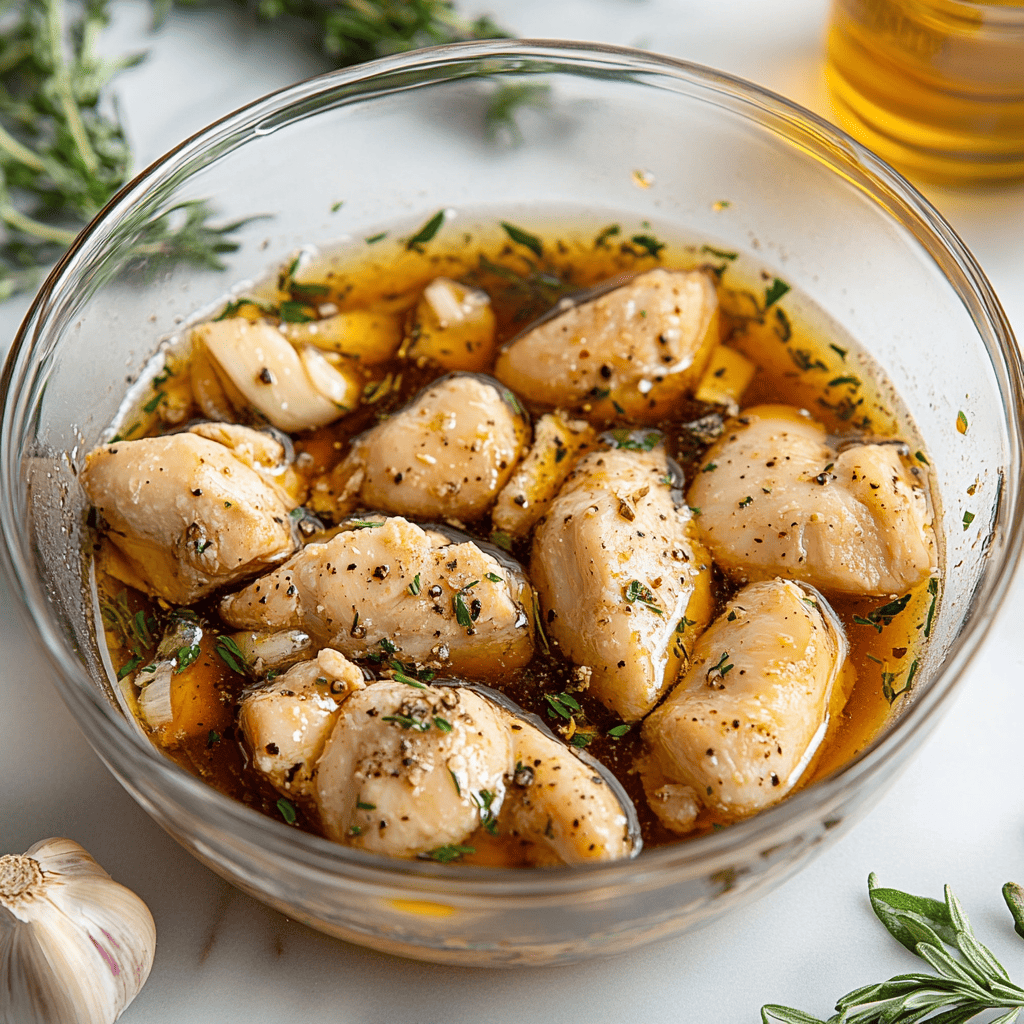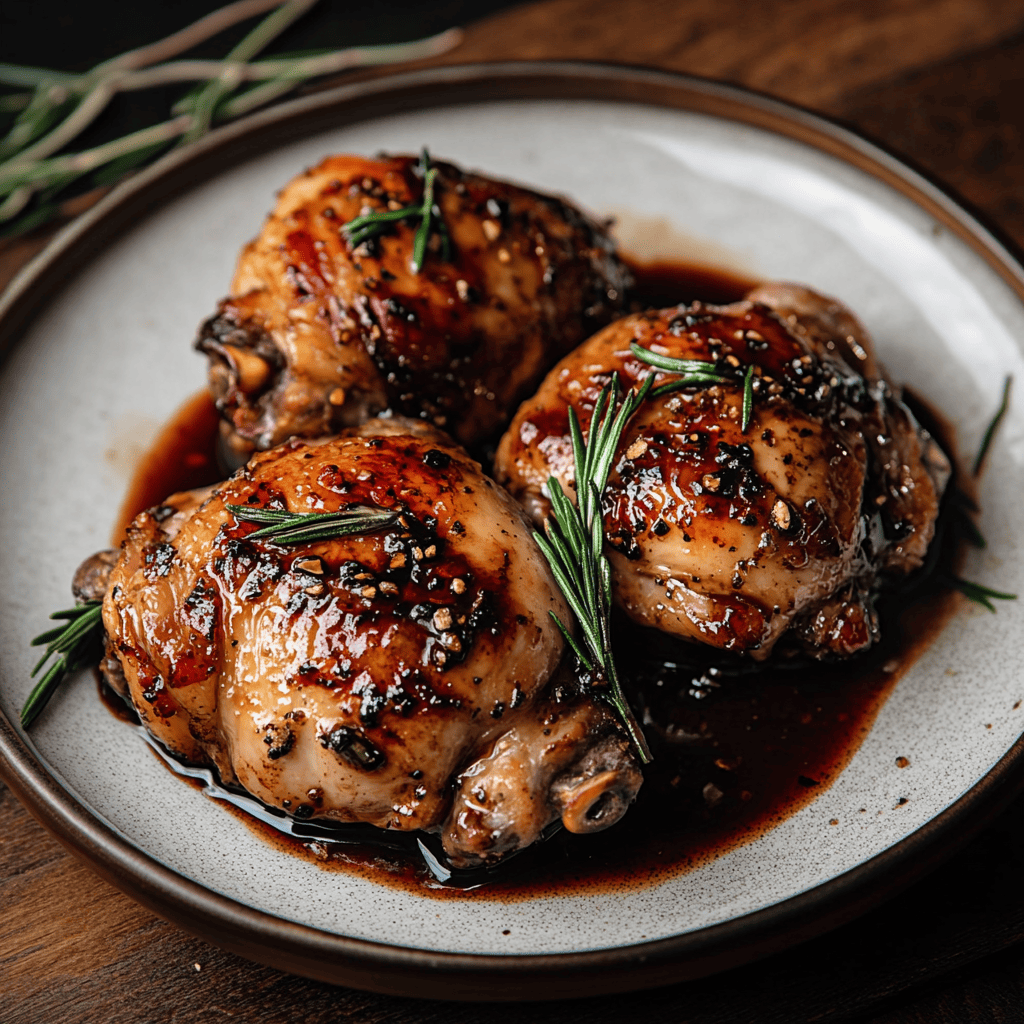Vinegar is one of those kitchen staples that most people have on hand but might not fully understand its potential. While it’s commonly used in salad dressings or pickling, vinegar has a surprising range of uses, especially when it comes to cooking chicken. So, what exactly does vinegar do to chicken when cooking? This article dives deep into the science, benefits, and practical applications of this tangy liquid.

Cooking chicken with vinegar isn’t just about adding a sharp flavor. Vinegar can tenderize meat, enhance taste, and even make your chicken safer to eat. But the magic of vinegar lies in how you use it—getting the balance right can make all the difference. Whether you’re marinating, braising, or simply looking to brighten a dish, vinegar offers endless possibilities.
Introduction to Vinegar and Chicken in Cooking
Chicken is one of the most versatile proteins, and vinegar is one of the simplest ingredients. When these two meet, the results can be transformative. Vinegar acts as both a flavor enhancer and a tenderizer, making it an indispensable ingredient for cooking chicken. For more inspiration, check out the best leftover rotisserie chicken recipes to create delicious meals effortlessly..
Imagine this: You’re preparing chicken for a family dinner, and you want it to be juicy, tender, and bursting with flavor. Instead of reaching for a pre-made marinade or complicated seasoning mix, you grab a bottle of vinegar. In just minutes, you’ve laid the foundation for a dish that’s not only delicious but also unique. That’s the power of vinegar.
The Science Behind Vinegar’s Effect on Chicken
Vinegar owes its unique properties to its acidity. The main component in most types of vinegar is acetic acid, which has a profound impact on the texture and flavor of chicken. Learn more about creating flavorful dishes in the best balsamic chicken recipe, which highlights the perfect use of acids in cooking.

How Vinegar Interacts with Proteins in Chicken
When chicken is exposed to vinegar, the acetic acid interacts with the proteins in the meat. Chicken, like all meats, is made up of tightly wound protein fibers. During cooking, these fibers contract, which can make the meat tough. Acetic acid works by breaking down some of these proteins, relaxing the fibers, and softening the meat. This makes the chicken tender and juicy.
However, it’s not just about tenderizing. Vinegar also helps chicken absorb flavors more effectively. When used as part of a marinade, vinegar opens up the meat’s structure, allowing spices, herbs, and other seasonings to penetrate deeply. The result is a flavorful dish that’s seasoned from the inside out.
The Role of Acidity in Tenderizing Chicken
Acidity is the key to vinegar’s tenderizing power. But not all acids are equal. Vinegar has a gentle pH level that makes it effective without being overly harsh. Unlike stronger acids like lemon juice, which can sometimes “cook” the meat, vinegar offers a more balanced approach. This makes it ideal for recipes where you want to soften the chicken without compromising its texture.
It’s worth noting that timing is crucial. While a quick soak in vinegar can enhance flavor, leaving chicken in an acidic marinade for too long can make the meat mushy. Understanding the right balance of time and acidity ensures you get the best results.
Common Types of Vinegar Used in Cooking Chicken
Not all vinegars are created equal, and the type you choose can dramatically affect your dish. Each variety of vinegar brings its own unique flavor profile, making it important to select the right one for your recipe. Discover more in the best balsamic chicken recipe or explore options for reusing ingredients in leftover rotisserie chicken recipes.
White Vinegar: A Kitchen Staple
White vinegar is the most commonly used type of vinegar in cooking. It has a sharp, clean taste that pairs well with a variety of flavors. Whether you’re marinating chicken for grilling or using it in a tangy sauce, white vinegar is a versatile choice. Its affordability and availability make it a go-to for many home cooks.
Apple Cider Vinegar: A Flavorful Choice
Apple cider vinegar offers a milder acidity compared to white vinegar, along with a hint of natural sweetness. This makes it a popular choice for marinades and glazes, especially in recipes where you want a subtle fruity undertone. It’s particularly effective in barbecue chicken recipes, where its sugars caramelize beautifully during cooking.
Balsamic Vinegar: When to Use It with Chicken
Balsamic vinegar, with its rich, sweet, and tangy flavor, is best suited for slow-cooked or roasted chicken dishes. Its bold profile can overpower lighter recipes, so it’s often reserved for more robust preparations. Think balsamic-glazed chicken thighs or a balsamic reduction drizzled over roasted chicken breasts.
Benefits of Using Vinegar on Chicken
Why should you use vinegar in your chicken dishes? The reasons go beyond just flavor. Vinegar can elevate your cooking in several meaningful ways, making it a valuable addition to your recipes. Check out the best cottage cheese recipes for more ways to use versatile ingredients like vinegar.
Tenderizing Tough Cuts of Chicken
If you’ve ever cooked chicken thighs or drumsticks that turned out tough and chewy, vinegar might be your solution. Its ability to break down muscle fibers makes it particularly useful for tougher cuts of meat. A simple vinegar-based marinade can turn even the most challenging cuts into tender, juicy pieces of chicken.
Enhancing Flavor Through Marinades
Vinegar isn’t just about tenderizing—it’s also a powerful flavor enhancer. When used as part of a marinade, vinegar helps infuse the chicken with seasonings, herbs, and spices. Its acidity acts as a carrier, transporting flavors deeper into the meat and ensuring every bite is as tasty as the last.
Killing Bacteria and Cleaning Chicken Safely
Although washing chicken with water is a controversial topic, using vinegar as part of the cleaning process can help reduce surface bacteria. While this doesn’t replace proper cooking methods, it’s an extra step that some cooks take for peace of mind. Vinegar’s natural antibacterial properties make it a safer and more effective option than rinsing with water alone.
How to Use Vinegar When Cooking Chicken
Cooking chicken with vinegar requires more than just pouring some into a pan. To get the best results, you need to understand how to incorporate vinegar into your recipes. Whether you’re marinating, braising, or glazing, knowing the right techniques can make all the difference. Try it out in the best balsamic chicken recipe.
Creating a Simple Vinegar Marinade
A good vinegar marinade is all about balance. While vinegar is the star, it’s supported by other ingredients that complement its tangy flavor. A basic marinade might include:
- Vinegar (white, apple cider, or balsamic)
- Olive oil or another neutral oil
- Garlic and onion for savory notes
- Herbs like thyme, rosemary, or parsley
- A pinch of sugar or honey for sweetness
- Salt and pepper to taste
To make the marinade, combine these ingredients in a bowl and whisk until well mixed. Add the chicken, ensuring it’s fully coated, and let it marinate in the fridge. Depending on the cut of chicken, you’ll want to marinate for at least 30 minutes, but no more than 24 hours. This time frame allows the acid to tenderize the meat without breaking it down too much.
Balancing Vinegar with Other Ingredients
Vinegar is powerful, and too much can overpower your dish. To avoid this, balance the acidity with complementary flavors. Sweet ingredients like honey or brown sugar can soften vinegar’s sharpness, while creamy elements like yogurt or coconut milk can create a more rounded flavor profile.
If you’re making a sauce, adding a splash of chicken stock or cream can mellow out the vinegar while adding depth. When grilling or roasting, brushing the chicken with a mix of vinegar and oil can enhance the flavor without overwhelming it.
Cooking Techniques: Baking, Grilling, and More
Vinegar works well in many cooking methods. Here’s how to use it effectively in different techniques:
- Baking: Use vinegar as part of a glaze or sauce that caramelizes in the oven. The acidity adds brightness to the dish, while the sugar creates a beautiful golden crust.
- Grilling: A vinegar-based marinade can help keep the chicken moist on the grill. It also prevents the meat from sticking to the grates, making for easier cleanup.
- Braising: When braising chicken, add a splash of vinegar to the cooking liquid. This enhances the flavor of the broth and keeps the meat tender during long cooking times.
Common Problems When Using Vinegar on Chicken
Even though vinegar is a versatile ingredient, it’s not foolproof. Misusing it can lead to problems like overly tangy flavors or dry meat. Here are some common challenges and how to overcome them. For practical tips, refer to the best leftover rotisserie chicken recipes to master versatile cooking techniques.
Overpowering Flavors: Using Too Much Vinegar
One of the biggest mistakes is adding too much vinegar. While a little goes a long way, an excess can dominate the dish and mask the natural flavors of the chicken. To avoid this, always measure your vinegar and taste as you go. If your dish ends up too tangy, you can balance it with a bit of sugar, cream, or even a neutral starch like rice or potatoes.
Vinegar Drying Out Chicken: How to Avoid It
While vinegar tenderizes chicken, marinating for too long can draw moisture out of the meat, leaving it dry. To prevent this, stick to the recommended marination times. For boneless, skinless chicken breasts, 1 to 2 hours is usually enough. For tougher cuts like thighs or drumsticks, you can extend the time to 6–12 hours but no longer than 24 hours.
Understanding Soaking Times for Best Results
Timing is everything when it comes to soaking chicken in vinegar. A quick soak can add a subtle tang, while a longer marinade can deeply infuse the meat with flavor. However, going overboard can make the chicken mushy. Pay attention to the type of vinegar you’re using and the cut of chicken to determine the ideal soaking time.
Solutions to Issues with Vinegar and Chicken
If you’ve ever run into problems while cooking chicken with vinegar, you’re not alone. Fortunately, most issues can be resolved with a few simple adjustments.
Adjusting the Acidity in Your Recipes
If your dish is too acidic, try diluting the vinegar with water or adding more of the other ingredients in your recipe. A touch of sweetness, such as honey or maple syrup, can also help balance out the flavors. For sauces, stirring in a bit of cream or butter can smooth the acidity while adding richness.
Pairing Vinegar with Complementary Ingredients
The key to a great chicken dish is balance. Pairing vinegar with ingredients that complement its tanginess ensures a harmonious flavor profile. For example, a marinade that includes olive oil, garlic, and rosemary creates a savory base, while a glaze that mixes vinegar with honey and soy sauce strikes a sweet and salty balance.
FAQs About Vinegar and Chicken
What Happens If You Cook Chicken in Vinegar?
When you cook chicken in vinegar, the acidity breaks down proteins in the meat, making it tender and flavorful. However, cooking chicken directly in a highly acidic liquid can result in an overly tangy taste. To avoid this, balance the vinegar with other ingredients and use it in moderation.
What Effect Does Vinegar Have on Chicken?
Vinegar primarily acts as a tenderizer and flavor enhancer. Its acidity helps break down muscle fibers, softening the meat and making it easier to chew. Additionally, vinegar can amplify the flavor of other seasonings in your recipe, creating a dish that’s well-rounded and delicious.
How Long Should You Soak Chicken in Vinegar Before Cooking?
The ideal soaking time depends on the cut of chicken and the recipe. For boneless chicken breasts, 1–2 hours is usually sufficient. Thicker cuts, like thighs or drumsticks, can be marinated for 6–12 hours. Avoid marinating for longer than 24 hours to prevent the meat from becoming mushy.
What Does White Vinegar Do to Raw Chicken?
White vinegar is an excellent choice for marinating chicken due to its sharp, clean flavor. It tenderizes the meat, enhances the absorption of seasonings, and can help reduce surface bacteria. This makes it a practical and versatile ingredient for many chicken recipes.
Exploring Vinegar’s Versatility Across Chicken Recipes
Vinegar’s role in chicken dishes goes beyond tenderizing and flavoring—it’s a game-changer in recipes from different cuisines and cooking styles. Whether it’s grilling, roasting, or slow-cooking, vinegar adds a unique touch that elevates your dish.
Vinegar in Barbecue and Grilled Chicken
Barbecue chicken wouldn’t be the same without vinegar. Many barbecue sauces include vinegar as a key ingredient to cut through the richness of the meat and balance the sweetness of ingredients like molasses or brown sugar. When marinating chicken for the grill, vinegar not only tenderizes but also adds a tangy note that enhances smoky flavors. Apple cider vinegar is a favorite for barbecue marinades, especially in recipes where a subtle sweetness complements the charred taste.
Vinegar in Asian-Inspired Chicken Dishes
In Asian cuisine, rice vinegar and black vinegar are essential ingredients for creating bold and complex flavors in chicken dishes. Rice vinegar, with its mild acidity and slight sweetness, works well in stir-fries, teriyaki sauces, and soups. Black vinegar, on the other hand, has a deeper, more robust flavor that pairs beautifully with soy sauce and ginger in braised or fried chicken recipes.
For example, Chinese sweet-and-sour chicken uses a combination of rice vinegar, sugar, and ketchup to achieve its signature tangy glaze. Similarly, Japanese karaage chicken benefits from a marinade that includes rice vinegar to enhance the umami notes of the dish.
Using Vinegar in Pickled Chicken Recipes
Pickling chicken might not be the first thing that comes to mind, but it’s a technique used in some cuisines to preserve and flavor meat. A vinegar brine infused with spices like cloves, allspice, and bay leaves can create a unique and tangy chicken dish. This method is especially useful for fried chicken, as the acidity in the brine helps tenderize the meat and creates a flavorful base.
Advanced Techniques for Vinegar and Chicken
For those who want to take their cooking to the next level, advanced techniques involving vinegar can help you create restaurant-quality chicken dishes at home. These methods highlight the ingredient’s versatility and transformative potential.

Vinegar Reduction Sauces
A vinegar reduction is a concentrated sauce made by simmering vinegar with other ingredients like sugar, herbs, or spices until it thickens. This technique creates a bold and flavorful glaze that can be drizzled over roasted or grilled chicken. For example, balsamic vinegar reduction pairs beautifully with chicken breasts or thighs, adding a sweet yet tangy finishing touch.
To make a basic reduction, combine balsamic vinegar with a touch of honey and cook over low heat until it reaches a syrupy consistency. The result is a rich glaze that enhances the natural flavors of the chicken without overpowering them.
Braising Chicken in Vinegar-Based Broths
Braising is a slow-cooking technique where chicken is simmered in a flavorful liquid, often including vinegar. The acidity helps break down tough meat while infusing it with flavor. This method is commonly used in dishes like Filipino chicken adobo, where soy sauce, garlic, and vinegar create a savory, tangy sauce that coats the chicken.
To braise chicken with vinegar, start by browning the meat in a pan, then add your vinegar-based liquid along with aromatics like onions and bay leaves. Cover and let the chicken cook slowly until it’s tender and infused with the flavors of the broth.
Using Vinegar to Create Crispy Chicken Skins
Achieving crispy chicken skin is an art, and vinegar can help. Brushing the chicken with a mixture of vinegar and oil before roasting helps the skin crisp up beautifully. The vinegar evaporates during cooking, leaving behind a thin, flavorful crust that enhances the overall dish. This technique works particularly well for whole roasted chickens or thighs.
The Nutritional Impact of Using Vinegar on Chicken
Vinegar not only improves the flavor and texture of chicken but also contributes to the overall nutritional value of your meal. Its ability to enhance flavors means you can cut down on less healthy ingredients like salt, butter, or heavy sauces.
Reducing the Need for Salt
Vinegar’s tanginess can mimic the flavor-enhancing qualities of salt, making it a great option for those trying to reduce sodium in their diets. By relying on vinegar to amplify other flavors, you can create a well-seasoned dish without overusing salt.
Supporting Digestion and Metabolism
Certain types of vinegar, such as apple cider vinegar, are believed to support digestion and metabolism. While these claims aren’t universally proven, incorporating small amounts of vinegar into your chicken dishes offers potential health benefits without adding extra calories or fat.
Calorie and Fat Control
Vinegar-based marinades and sauces are naturally low in calories and fat. By using vinegar instead of heavy cream or butter, you can create lighter chicken dishes that are just as flavorful. This makes vinegar an ideal ingredient for healthy cooking.
Conclusion: The Versatility of Vinegar in Chicken Cooking
Vinegar is one of the most versatile ingredients in the kitchen, and its applications in chicken cooking are nearly endless. From tenderizing meat to enhancing flavors and even contributing to food safety, vinegar proves its value time and time again. Whether you’re preparing a simple weeknight dinner or an elaborate feast, vinegar can help elevate your chicken dishes to new heights.
The key to success lies in understanding how to use vinegar effectively. By balancing its acidity with complementary ingredients and using the right techniques, you can unlock its full potential. Whether it’s a tangy barbecue glaze, a savory braised dish, or a crispy roast, vinegar has a place in every cook’s repertoire.
Now it’s your turn to experiment. With the knowledge from this guide, you’re ready to transform your chicken recipes with the power of vinegar. Happy cooking!
